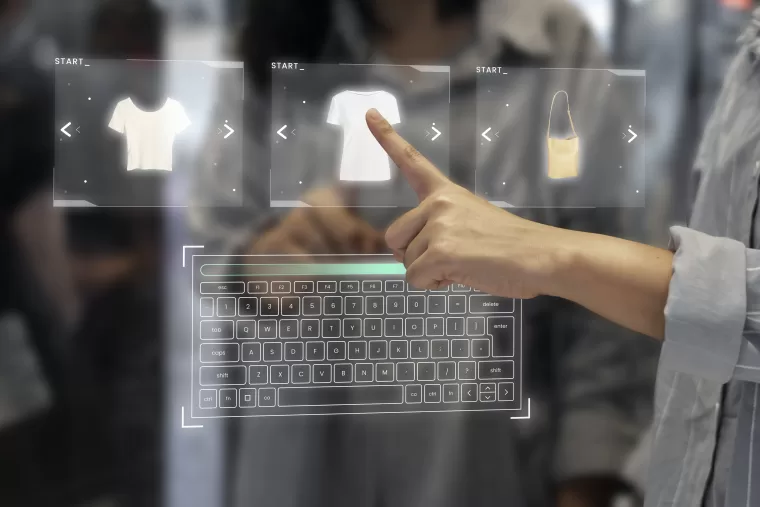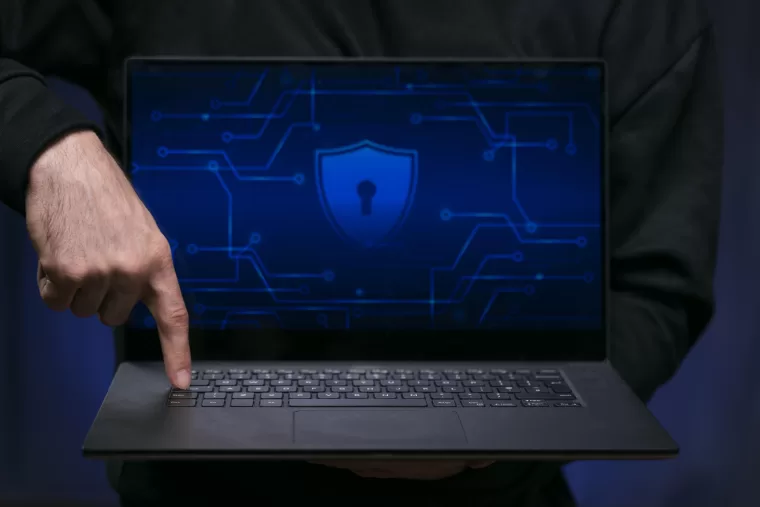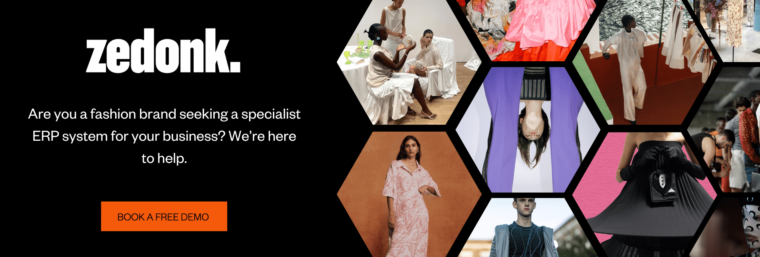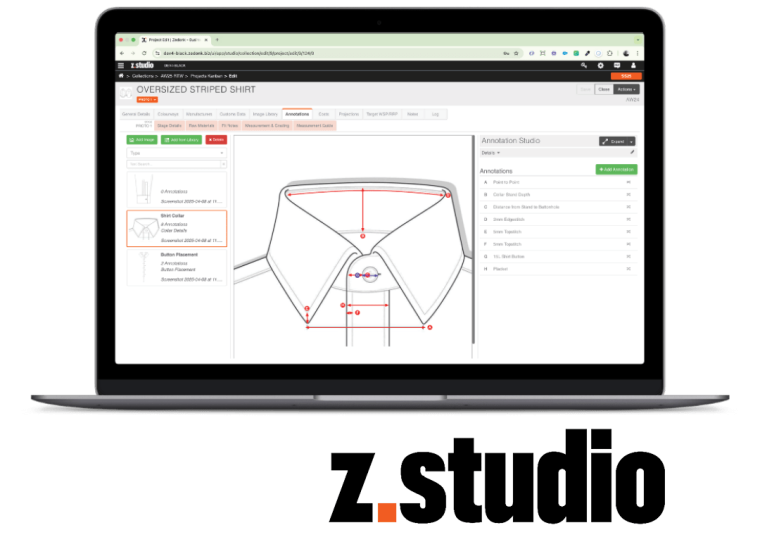Managing a fashion business today is a bit like creating a collection – you need the right materials, a sharp eye for detail, and tools that bring it all together seamlessly, This is where Enterprise Resource Planning (ERP) solutions step in, offering fashion companies a smarter way to align every stitch of their operations, from design to delivery. Whether you’re fine-tuning your supply chain or diving deep into data-driven decisions, understanding the types of ERP solutions available can help you pick the perfect fit for your business. Let’s explore how the right ERP can transform your company and help you reach your goals.

Understanding ERP Solutions in the Fashion Industry
An ERP solution is a comprehensive software system designed to integrate and manage core business processes across an organisation. For fashion companies, ERP solutions streamline operations across various functions, including design, production, inventory, and sales. This integration improves data visibility and supports better decision-making in the long run.
ERP systems typically include core modules like financial management, human resources, inventory management, and supply chain management. For fashion companies, these systems procure unique advantages by ensuring real-time data flows and better coordination across departments.
Types of ERP Solutions
There are three main types of ERP solutions; on-premises, cloud-based, and hybrid. Each type offers distinct advantages, depending on the specific needs of a business.
1. On-Premises ERPs
On-premises ERP solutions are installed locally on a company’s hardware and servers. This type of ERP solution offers full control over the software, customisation, and data security. It’s ideal for larger fashion businesses with dedicated IT teams who can manage and maintain the system. However, the initial cost can be higher than other solutions, and there may be a need for regular updates and maintenance.
2. Cloud-Based ERP Solutions
Cloud-based ERP solutions are hosted on a vendor’s servers and accessed via the internet. They offer greater flexibility, lower upfront costs, and automatic updates, making them a popular choice for small to medium-sized fashion businesses. Cloud ERPs can be scaled easily as the business grows, providing access to real-time data from anywhere. However, businesses must consider data security and internet dependency.
3. Hybrid ERPs
Hybrid ERP solutions combine on-premises and cloud-based approaches, offering the best of both worlds. This type of ERP allows businesses to keep sensitive data on-site while leveraging the cloud for less critical functions.
Industry-specific ERP Solutions for Fashion and Apparel
Fashion companies require ERP solutions tailored to their unique needs. Industry-specific ERP systems for fashion and apparel include many unique features and tools for managing seasonal collections and trends. These solutions support end-to-end supply chain management, from design and manufacturing to sales and customer feedback.

Benefits of Implementing ERP Solutions in Fashion Companies
1. Improved Inventory Management
An ERP provides real-time visibility into inventory levels, helping fashion companies optimise stock levels and reduce overproduction or stockouts. Clients can also monitor sales performance, such as for their bestsellers, through our reporting tools.
2. Streamlined Supply Chain and Production Processes
ERP solutions automate key supply chain processes, such as order processing, inventory management, and supplier communication. This automation leads to reduced lead times, lower costs, and improved production efficiency, ensuring fashion businesses can meet customer expectations faster.
3. Enhanced Financial Visibility and Reporting
With integrated financial management tools, ERP solutions provide accurate, real-time financial data, helping businesses make informed decisions. Improved financial reporting and analytics capabilities enable fashion companies to monitor performance and identify opportunities for cost savings.
4. Better Customer Relationship Management (CRM)
ERPs enhance customer relationship management by providing a centralised database of customer information. This visibility allows fashion companies to personalise marketing campaigns, manage customer feedback effectively, and build stronger relationships with their target audience.
Choosing the Right ERP Deployment Option
When selecting an ERP solution, businesses should consider several factors:
- Business Size and Growth Stage: Smaller fashion businesses may benefit from the flexibility and lower costs of cloud-based ERPs, while larger companies with complex needs may prefer on-premises or hybrid solutions.
- Customisation Needs: Companies requiring extensive customisation may opt for on-premises solutions to tailor the software to their specific workflows.
- Data Security and Compliance: Businesses in highly regulated industries or with strict data privacy concerns may lean towards on-premises or hybrid ERP solutions for greater control over data security. However, established cloud-based solutions will also have rigorous security testing and numerous backup servers.

Emerging Trends in ERP Technology for Fashion
The ERP landscape is constantly evolving, with several trends reshaping the future of ERPs for fashion businesses:
1. AI and Machine Learning Integration
ERP solutions are increasingly incorporating artificial intelligence (AI) and machine learning to automate repetitive tasks, and provide deeper insights into consumer behaviour.
2. Mobile ERP Solutions
With the rise of remote work and mobile connectivity, ERP systems now offer mobile access through iPad and other tablet devices, enabling fashion companies to manage operations from anywhere. This flexibility improves responsiveness and decision-making.
3. Sustainability Tracking and Reporting Features
As sustainability becomes a priority, ERP solutions are integrating features to track and report on environmental impact. These tools help fashion companies meet regulatory requirements and align with consumer expectations for ethical and sustainable practices.
Empowering Your Business with an ERP Solution
Think of an ERP solution as the train tracks guiding your fashion business — a system that doesn’t just support your operations but actively propels them forward. Choosing the right ERP can mean the difference between merely keeping up with the competition and setting the pace.
As these systems continue to evolve, businesses that adopt them are better equipped to turn challenges into opportunities, from adapting to market shifts to responding to customer needs. If you’re ready to find out how years of experience, hundreds of satisfied clients and a passion for the fashion industry combine in an ERP solution, reach out to Zedonk for a demo and we’ll introduce you to our award-winning fashion ERP software. Explore our ERP solutions and see what a tailor-made approach can do for your brand.



 A New Sampling & Tech Pack Solution from Zedonk.
A New Sampling & Tech Pack Solution from Zedonk.